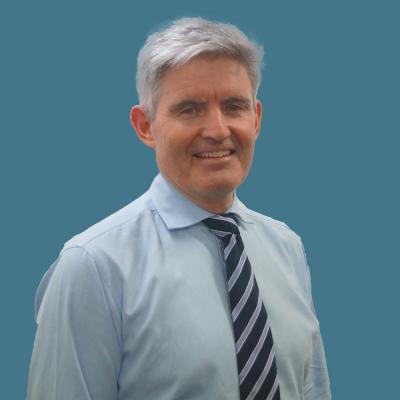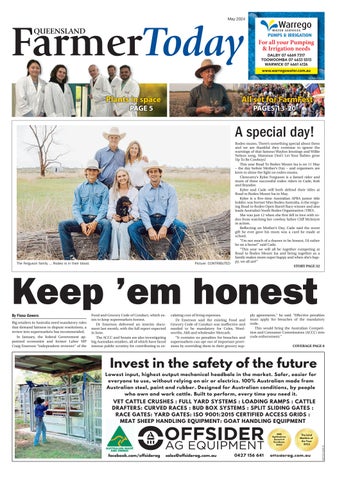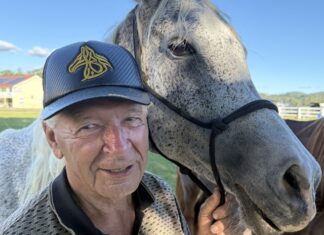What an exciting time to be on the front end of a great deal of change in our world.
In many places across the nation, we have seen the calamities of markets rising and falling, bushfires, floods, droughts, pest plagues and in the last short while, the pandemic Covid.
Why individuals deal with such things differently is largely due to our genetic makeup and our own experience, along with influences by those with who we have lived and worked with. These come together to form our sense of how we perform in life.
Having grown up in western Queensland, then gone away to study to get a qualification in Medicine, I feel a theme that has always fascinated me, is why some people in the bush elevate the worthiness of looking after their health and why others seemingly not care and almost destroy it, because they can?
If you belong to either camp you might be dismayed to think that in our advanced country, we would be the healthiest nation on the planet. After all, we have plenty of food, plenty of clean air, sunlight and, in most parts of the country, we have a supply of water, albeit some might question if it’s reliable.
What you might be even more astonished to hear is that the health of bush peoples lags their city equivalents by a margin that needs to be addressed.
Did you know for example that the Australian Institute of Health and Wellbeing (AIHW) says the more remotely you live, the shorter lifespan you can expect to have. That is preposterous, but then again it’s not that everyone who lives remotely is affected the same way. Some very isolated people are “fit as fiddles” and make sure they look after themselves.
I like to study these examples to understand why so we can encourage others to do the same by following their example.
I’ve been working with working-aged people for many years. The first person I convinced to give up smoking was my father, Bud Ford, the dentist in Miles, in 1972, almost 50 years ago this year!
Prevention of common disease, screening and early diagnosis of conditions that are treatable if picked up quickly is my favourite subject. But the investigation, diagnosis, treatment and palliative care of diseases, according to AIHW, costs about $8600 per year per adult Australian, which is $129 billion. In comparison, only $86 per adult per year is spent on prevention ($1.29 billion). This is a pretty big difference. Are we putting the cart before the horse?
So are we ready to explore as a rural community, wellbeing and how resilience impact our quality of lifestyle? Are we ready to do our bit to be well and to therefore feel we can be the most effective we can be at work and in life? Would we like to enjoy our later years in a way where we might become fit and healthy grandparents? Could we seek to have seamless succession planning where the ill health of some or many family members forces some unexpected, unpleasant and unhappy transfer of property, wealth or IP in the bush?
My feeling is that we are. Young people are seeking a new way of interacting with their land, new solutions for old agricultural dilemmas, new markets for products yet to be defined.
We are at the start of the future and I’d like to explore in this column each run, some aspect of you and your family or community becoming healthier so it is possible to have a full quality and quantity of life in the bush.
I hope you will join me and maybe we can use this forum to answer some questions you might have. I might need to ask some of my colleagues that know a bit more than me to join us in this new way of being well to perform well and be happy in the bush.
· Dr Toby Ford is CEO of Ford Health, a national company that provides wellbeing, resilience and performance services to individuals and organisations. He has been involved with bringing preventative health services to rural enterprises through the newly founded Farmers Health Promotion Collaborative which is a not-for-profit venture, whose collaborators are seeking to enhance rural lifestyles for our future generations.










